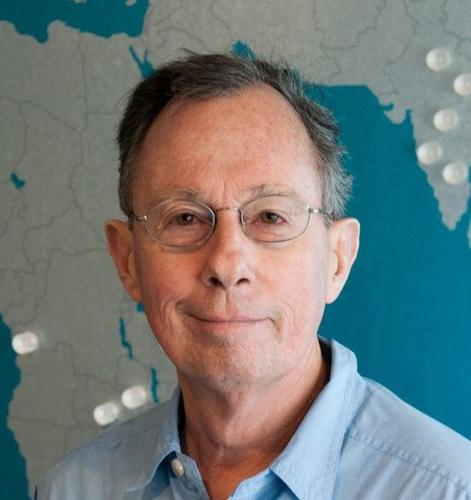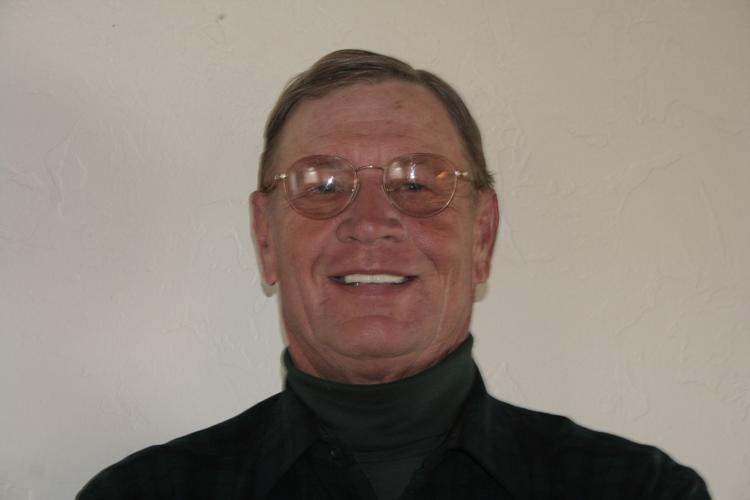The following column is the opinion and analysis of the writers:
During the 1960s and ’70s, the CDC developed into the preeminent public health agency in the United States and worldwide. Whenever a health department had a disease problem on which they needed assistance, they called on the CDC.
Inherent in the CDC’s character was institutional leadership that emphasized sound scientific principles and preparedness as practiced in a team environment made up of talented and well-trained individuals. Throughout our CDC careers, we had the good fortune to experience real leadership defined across a spectrum of infectious diseases and chronic health conditions. We became team members investigating disease outbreaks: measles eradication and vaccination campaigns; Lassa fever virus in Sierra Leone; malaria and river blindness in Central America.
As CDC gained stature it was protected from controlling political oversight by its unassailable public-health competence, led by a series of accomplished physician-scientist directors. And it did help that the CDC, in the pre-digital era, was based in Atlanta instead of Washington, D.C. As such, the CDC maintained the respect of political leadership, and equally important, an effective firewall from political interference.
Regrettably, the leadership and competence of the agency has been eroded recently, largely attributable to the political control imposed on the organization by the highest level of national government. Its leaders have been chosen more on political compatibility instead of scientific and administrative competence. Areas of scientific inquiry and mission preparedness have been narrowed, especially internationally, leaving America unable to adequately respond to pandemic threats. Budget cuts and personnel levels have been reduced, leaving the agency behind in crucial technological advances. Many of its best scientists and physicians have left. Consequently, when COVID-19 hit the nation, the CDC and the U.S. public-health infrastructure was disastrously unprepared for the rapidity and severity of the onslaught.
The pandemic has had profound economic and social impacts which has led to slowdowns and shutdowns of businesses, schools, and public congregations of all types. Early on, President Trump attempted to keep the economy open instead of following CDC recommendations to slow the spread of infection through social distancing, masks, and sanitation. The CDC’s warnings on the seriousness of the disease and its guidelines on testing, crowd size, and wearing masks were altered to support the presidential agenda.
During the election campaign, Trump continued to hold large political rallies, refusing to wear masks even as cases and deaths surged. This was a false binary choice and the American public is now paying a much heavier price while we await distribution of the vaccines.
The CDC’s core mission remains protection of the public from disease and ill health using the most effective and scientifically proven methods available. But the harsh facts are that under the Trump administration’s interference, the CDC’s guidelines are no longer trusted by public health authorities. On Nov. 3, the United States took the first crucial step by electing a new president who values science and adheres to proven facts, telling the truth to the public about what we are up against.
The second step was taken on Dec. 9, with the appointment of Dr. Rochelle Walensky, M.D., M.P.H., as the new CDC director. At age 51, Dr. Walensky is currently director of infectious diseases at Massachusetts General Hospital and Harvard Medical School. As well as being a clinician treating COVID-19 cases, she has conducted pioneering research on HIV/AIDS, with emphasis on equity and access to treatment for all.
The CDC director does not require Senate approval and Dr. Walensky will start work with the new president on Jan. 20. None too soon as COVID-19 cases and deaths surge and the next pandemic may be just around the corner.







